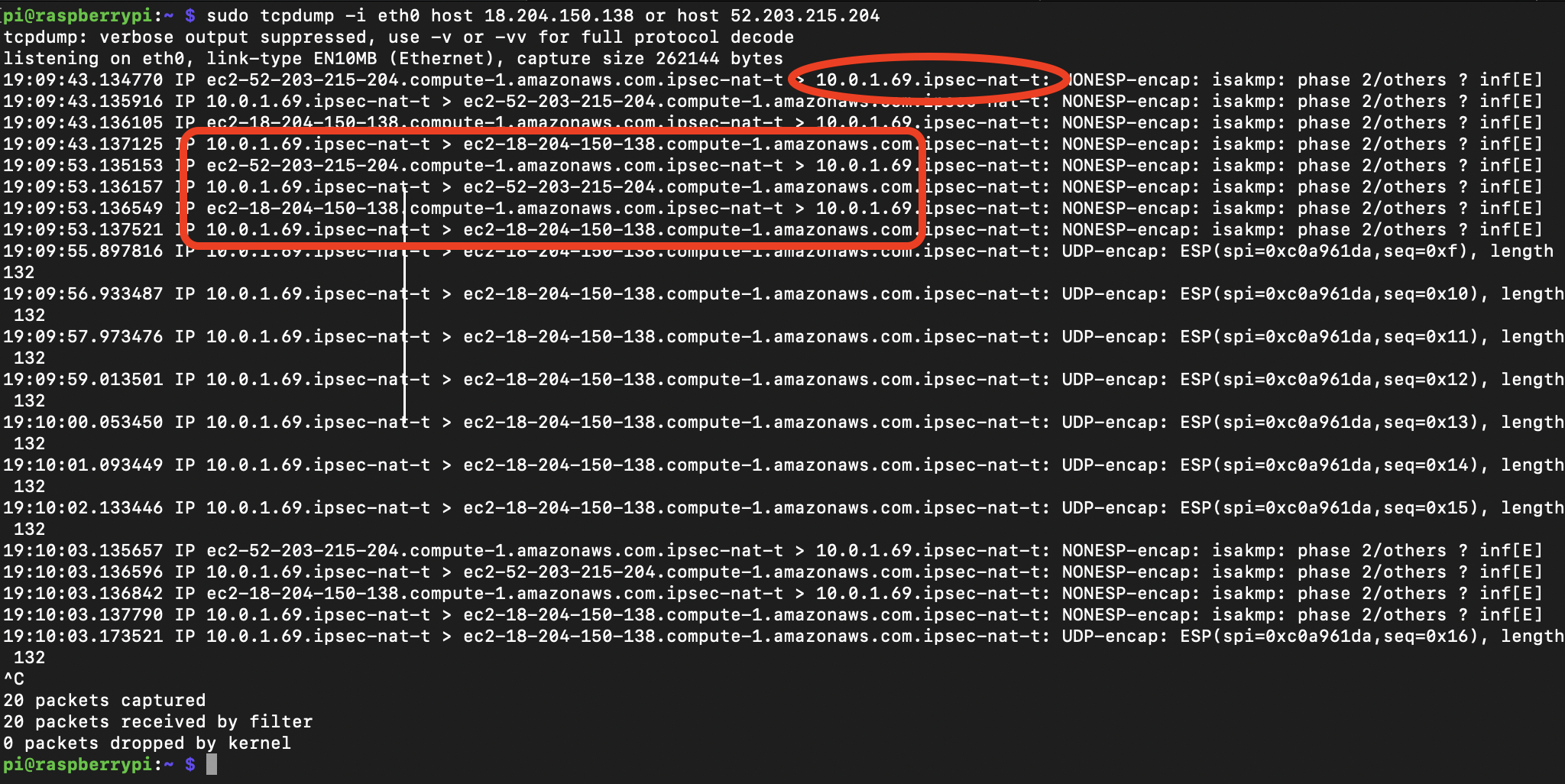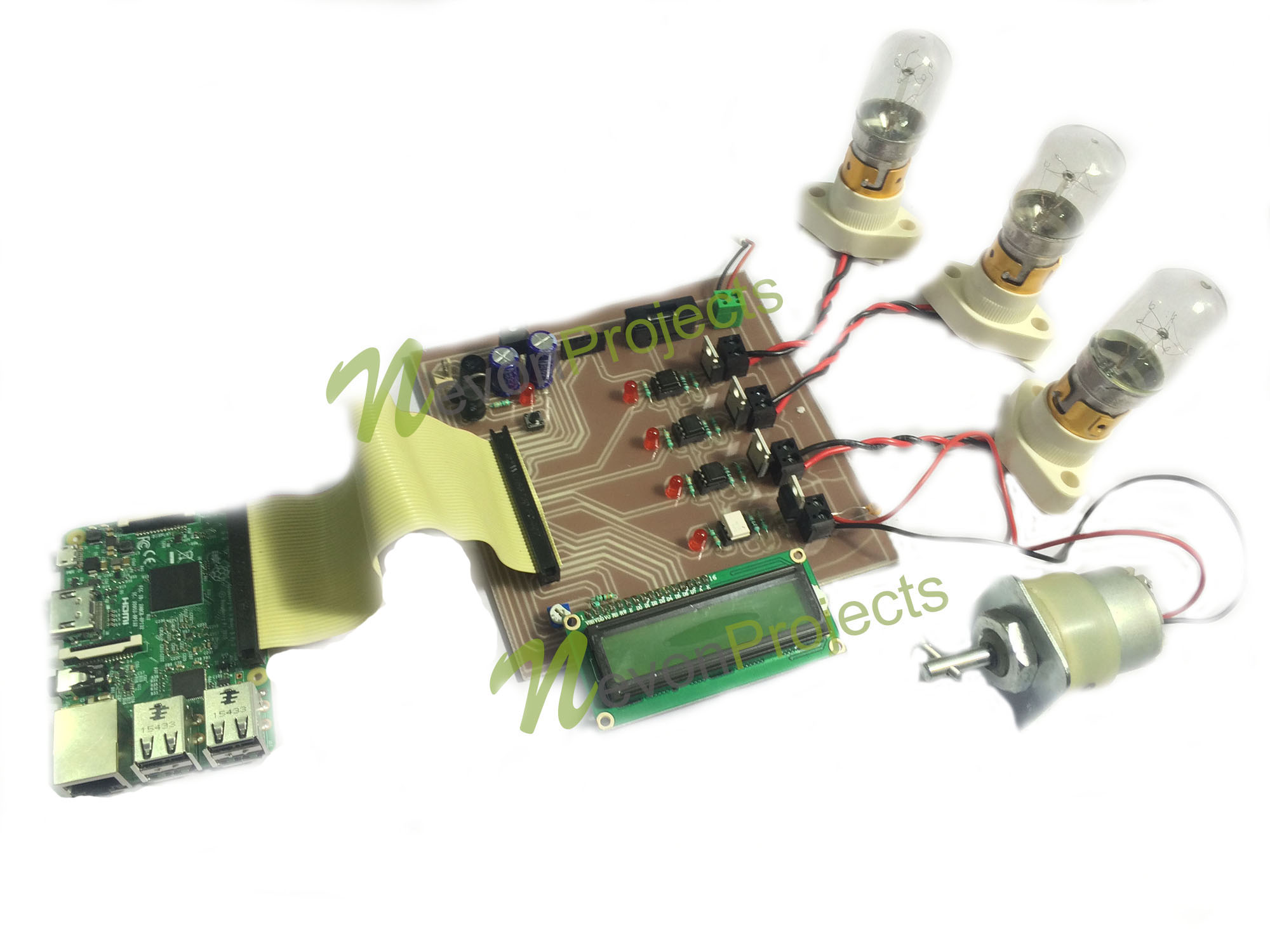Thinking about setting up a remote internet-connected device, perhaps a Raspberry Pi, and linking it back to a virtual private cloud on a Windows system? It's a pretty interesting idea, and a lot of folks are looking into how to make these kinds of connections work without any worries. You know, keeping everything safe and sound is a big deal, especially when you're dealing with things that might have important information flowing back and forth.
Making sure your devices talk to each other without any eavesdroppers or unexpected visitors is, in some respects, a primary concern. Just like how we want to make sure files we share with others, say, financial papers, are only seen by the right eyes, we need that same level of care for our connected gadgets. It's about building a solid pathway for information.
This means we'll look at how to get your Raspberry Pi talking to a Windows machine through a virtual private cloud, all while keeping security at the forefront. We'll also touch on some common questions people have about handling files, especially when downloading things or making sure updates go through without a hitch, which, you know, can sometimes be a bit tricky.
Table of Contents
- Getting Your RemoteIoT Set Up - What's the First Step?
- Handling Data Safely - How Do We Protect Information?
- Keeping Things Updated - Why Does This Matter for Secure Connections?
- Putting It All Together - Can We Really Securely Connect RemoteIoT VPC Raspberry Pi Download Windows?
Getting Your RemoteIoT Set Up - What's the First Step?
When you're looking to get your remote internet-connected device, like a Raspberry Pi, talking to a central spot, the very first thing to think about is how you're going to make that initial handshake. It's a bit like introducing two people; you want to make sure they're both ready and that the introduction happens in a safe place. This involves setting up the tiny computer itself and getting your virtual private cloud ready to receive its signals. So, you know, laying the groundwork is a big part of the whole operation.
- 5starsstockscom Staples
- Who Is Wolfe Married To
- Tim Walz Horse Semen
- Jeinz Macias
- Natalie Kaye Clater Husband
Making Sure Your Raspberry Pi Connects Securely
For your Raspberry Pi, making sure it connects without any unwanted interruptions is, arguably, super important. You'll want to think about how it gets its internet access. Is it Wi-Fi, or is it a wired connection? Each has its own ways of keeping things private. For example, using a strong password for your Wi-Fi is a simple yet very effective step. Also, setting up a virtual private network, or VPN, on the Pi itself can create a kind of private tunnel for its communications, which is pretty neat. This helps keep any information it sends or receives away from prying eyes, just like when you want to keep customer files confidential, as we've seen folks discuss. So, you know, a little bit of planning here goes a long way.
Another thing to consider for your Raspberry Pi is how you access it from afar. Are you using something like SSH? If so, changing the default login details and using key-based authentication instead of just a password makes it much harder for someone to guess their way in. It's about putting up good digital fences, you know? Keeping its operating system updated is also a must, as these updates often fix little holes that bad actors might try to slip through. It’s a constant effort, actually, to stay ahead of the curve.
Thinking About Your VPC for RemoteIoT
Now, let's think about the virtual private cloud, or VPC, where your Raspberry Pi will be sending its information. This is like your own personal, walled-off section of the internet, where you get to decide who comes and goes. When you're setting this up for your internet-connected devices, you really want to make sure the entrance points are well-guarded. This means setting up what are called security groups or network access control lists, which are basically rules about what kind of traffic is allowed in and out. It’s like having a bouncer at the door, only letting in the right crowd, you know?
You might also consider using private IP addresses within your VPC for your devices, so they aren't directly exposed to the wider internet. This adds another layer of separation, making it harder for someone to even find your devices in the first place. For instance, when people talk about not saving certain types of data to a general cloud storage spot because of restrictions, it's about controlling access. A VPC helps you control that access very, very precisely for your remote internet-connected devices. It's about creating a safe space for your data, more or less.
Handling Data Safely - How Do We Protect Information?
Once your Raspberry Pi and your virtual private cloud are talking, the next big thing on your mind should be the information itself. How do you make sure that data, whether it's sensor readings or control commands, travels and rests without anyone else getting a peek? It's a bit like sending a very private letter; you want to make sure it's sealed and that only the intended recipient can open it. This involves thinking about encryption, how files are handled, and what kinds of information are simply too sensitive to send without extra care. So, you know, protecting the actual bits and bytes is a very real concern.
Securely Managing Files and Downloads on Windows
When your remote internet-connected device sends information back to a Windows machine, or when you need to download something to that Windows machine to manage your setup, handling those files with care is, basically, a must. We've heard stories about folks having trouble downloading software, like LibreOffice, because their Windows system flagged it as unsafe. This tells us that checking where your downloads come from and making sure they're legitimate is super important. You might use antivirus software, of course, but also checking the digital signature of a file can tell you if it's really from the source it claims to be. It's about being a bit skeptical, you know?
For files that your Raspberry Pi might upload to your Windows system, or even to a cloud storage spot linked to your Windows setup, consider using methods that encrypt the data while it's moving. This is like putting your sensitive information in a digital strongbox that can only be opened with the right key. Just as people want to securely share large, confidential files between companies, or send encrypted attachments in Outlook, the same idea applies here. You want to make sure that even if someone intercepts the data, they can't make sense of it. It’s about making sure your private stuff stays private, really.
What Kinds of Data Should We Be Careful With?
Not all information is created equal, and some data just needs more protection than others. When you're dealing with your remote internet-connected devices, think about what kind of information they're collecting or transmitting. Is it personal details about people? Financial figures? Proprietary business secrets? These are the kinds of things that, you know, really need extra layers of security. We've seen discussions about what type of data should not be saved to certain cloud accounts due to restrictions or sensitivity. This applies directly to your internet-connected device setup.
For instance, if your Raspberry Pi is collecting sensitive sensor data, you might want to process some of that information right on the device itself, so only aggregated or anonymized data gets sent back to your virtual private cloud. This reduces the amount of really sensitive stuff that's traveling across networks. Also, if you ever need to share reports or summaries from your device's data, consider tools that can help you redact or remove sensitive bits, like using a snipping tool to cover up parts of a document before sharing it. It's about being thoughtful about what information goes where, you know, at the end of the day.
Keeping Things Updated - Why Does This Matter for Secure Connections?
It might seem like a small thing, but keeping all your systems updated, from your Raspberry Pi's operating system to your Windows machine, plays a surprisingly big part in keeping your remote internet-connected device connections safe. Think of it like maintaining a car; regular tune-ups and oil changes prevent bigger problems down the road. Software updates often include fixes for little weak spots that bad actors might try to use to get into your systems. So, you know, it’s not just about getting new features; it's about keeping things safe and sound.
Dealing with Updates on Your Windows System
Sometimes, getting updates to install on a Windows system can be, like, a bit of a headache. We've heard about situations where an update keeps trying to reinstall and fails, even when it looks like it was already put in place. These kinds of issues can leave your system vulnerable, because those security fixes aren't actually applied. It's really important to sort out these update problems quickly, perhaps by looking at system logs or using Windows' own troubleshooting tools. A Windows machine that isn't up to date can be a weak link in your whole remote internet-connected device setup, allowing unwanted access to your virtual private cloud. So, you know, staying on top of these things is pretty important.
Making sure your Windows machine is running the latest versions of its operating system and any software you use for managing your remote internet-connected devices means you're benefiting from the newest security measures. It's like having the latest locks on your doors. This also applies to your web browser, which is often your gateway to managing cloud services. If your browser, say Microsoft Edge, isn't updated, it could open up a path for problems. As a matter of fact, knowing about where to find information on browser updates, like changes to forums or support channels, can help you stay informed and keep your tools current. It's about being proactive, you know.
Best Practices for Securely Connecting Your Raspberry Pi
For your Raspberry Pi, keeping its software up to date is just as important as it is for your Windows machine. Regular updates to its operating system, like Raspberry Pi OS, will bring important security patches. Setting up automatic updates, if possible and managed carefully, can help ensure you don't miss anything important. Also, consider the physical security of your Raspberry Pi if it's located somewhere accessible. If someone can simply unplug it or get their hands on the storage card, then all your digital security measures might not matter as much. So, you know, both digital and physical safety go hand in hand.
Beyond updates, think about the principle of "least privilege" for your Raspberry Pi. This means giving it only the permissions it absolutely needs to do its job, and no more. If it doesn't need to access certain parts of your network or certain files, then don't give it that ability. This helps limit the damage if, by some chance, the device were ever compromised. It’s a bit like giving someone only the keys to the rooms they need to enter, not the whole building. This kind of careful setup helps you securely connect your remote internet-connected device to your virtual private cloud, making sure that your Windows system receives information safely. It’s about being careful, you know.
Putting It All Together - Can We Really Securely Connect RemoteIoT VPC Raspberry Pi Download Windows?
So, after looking at all these pieces, the big question is, can we truly make sure our remote internet-connected devices, like a Raspberry Pi, talk to a virtual private cloud and a Windows system without any major worries? The short answer is yes, absolutely, but it takes a thoughtful approach and consistent effort. It's not just one thing that makes it safe; it's a combination of many careful steps. You know, it’s about building a strong chain, where every link is important.
It involves setting up your Raspberry Pi with strong access controls, making sure its communications are private, and using a virtual private cloud that acts like a well-protected area for your data. It also means being very careful about how you handle files, whether they're being sent from your device or downloaded to your Windows machine, always checking for legitimacy and using encryption when needed. And, of course, keeping everything, from the tiny computer to your main Windows system, updated with the latest security fixes is, like, non-negotiable. It’s all about creating layers of protection, really, so your information stays just where it should be.
This discussion has covered the importance of setting up your Raspberry Pi and virtual private cloud with security in mind, including how to make sure your connections are private. We've also talked about handling data safely, thinking about how files are managed and what kinds of information need extra care. Finally, we looked at why keeping all your systems updated, especially your Windows machine, is so important for keeping your remote connections safe. It’s all about creating a well-protected environment for your internet-connected devices.
Related Resources:



Detail Author:
- Name : Ashlee Connelly
- Username : will.rigoberto
- Email : etromp@gmail.com
- Birthdate : 1994-08-17
- Address : 9564 Marquardt Green Apt. 115 Monahanmouth, OH 20563
- Phone : +1 (469) 710-0469
- Company : Kertzmann, Berge and Russel
- Job : Hydrologist
- Bio : Harum atque autem minus voluptas quia laborum. Esse dolorem repellendus at. Neque aut neque natus quidem consectetur. Exercitationem autem autem est et iste labore vel cumque.
Socials
linkedin:
- url : https://linkedin.com/in/uriah4590
- username : uriah4590
- bio : Eos eligendi reprehenderit neque eaque.
- followers : 5657
- following : 2614
twitter:
- url : https://twitter.com/uriah_ortiz
- username : uriah_ortiz
- bio : Suscipit repellendus cupiditate dolores aut. Rerum veniam velit earum amet. Sapiente similique hic sed voluptatem cupiditate. Iure dicta similique veritatis.
- followers : 2589
- following : 385
facebook:
- url : https://facebook.com/uriah.ortiz
- username : uriah.ortiz
- bio : A earum molestiae unde rerum in vel labore. Architecto et consequatur et ut.
- followers : 3031
- following : 1171
tiktok:
- url : https://tiktok.com/@uriah.ortiz
- username : uriah.ortiz
- bio : Veniam deleniti veritatis ut porro.
- followers : 6181
- following : 959
instagram:
- url : https://instagram.com/uriah_ortiz
- username : uriah_ortiz
- bio : Sed quidem quasi illo non necessitatibus ea. Sed quisquam dolor qui nobis sint animi.
- followers : 4613
- following : 1045